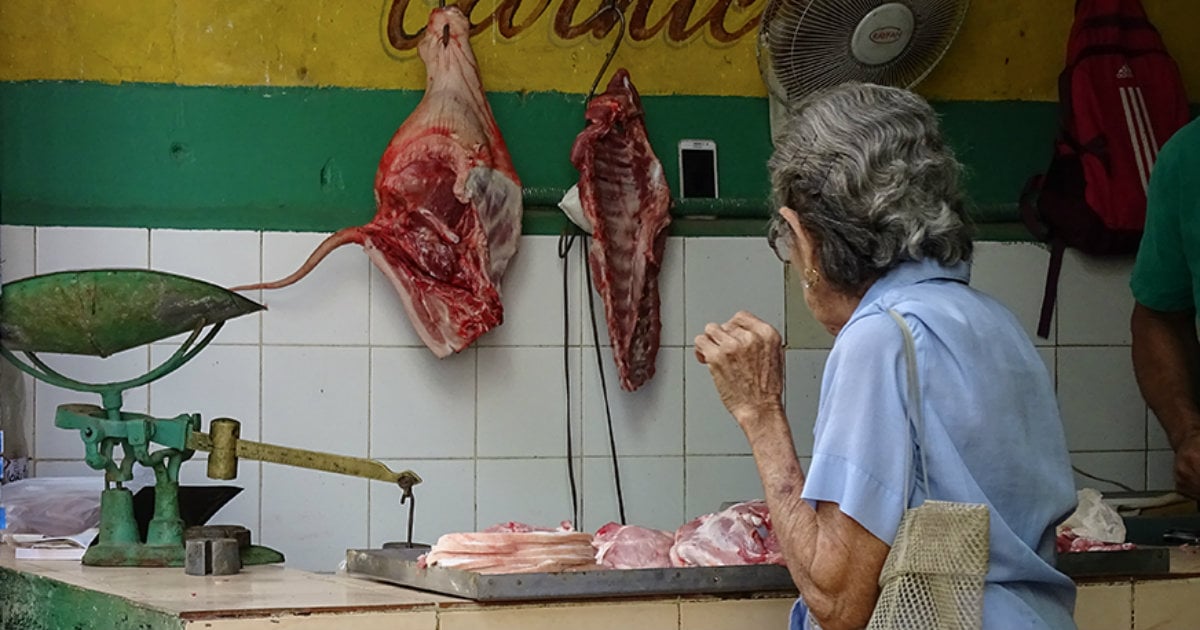
Regime admits pig farming collapse in Cuba: From 200,000 to just 9,000 tons of pork per year
The days when a pound of pork could cost just 16 pesos are long gone and Cuban tables were supplied thanks to a production system that, although centralized, worked.
In 2018, Cuba achieved a record of 200,000 tons of pork, benefiting not only family consumption but also hospitals, tourism, and production centers.
However, today that scenario is a thing of the past: national production has fallen to just over 9,000 tons in 2024, a figure that reflects the total collapse of one of the most important sectors of food in the country.
The admission came from the official newspaper Granma, which could not hide the extent of the disaster and, nonetheless, justified the collapse due to several factors, including the reliance on imported raw materials such as corn and soy, which are insurmountable in the current economic context.
But beyond the blockade and the usual justifications, what becomes evident is the absence of effective policies, the neglect of genetic infrastructure, the lack of real incentives, and the collapse of the agreements that once supported pork production.
The lack of feed, genetic deterioration, theft from the crops, and the shortage of labor are just part of the mix that has devastated the sector, he added.
Questions about this Article?:

Copyright © 2021-2025. All rights reserved
This website stores cookies on your computer. These cookies are used to collect information about how you interact with our website and allow us to remember you. We use this information in order to improve and customize your browsing experience and for analytics and metrics about our visitors on this website. To find out more about the cookies we use, see ourPrivacy Policy.